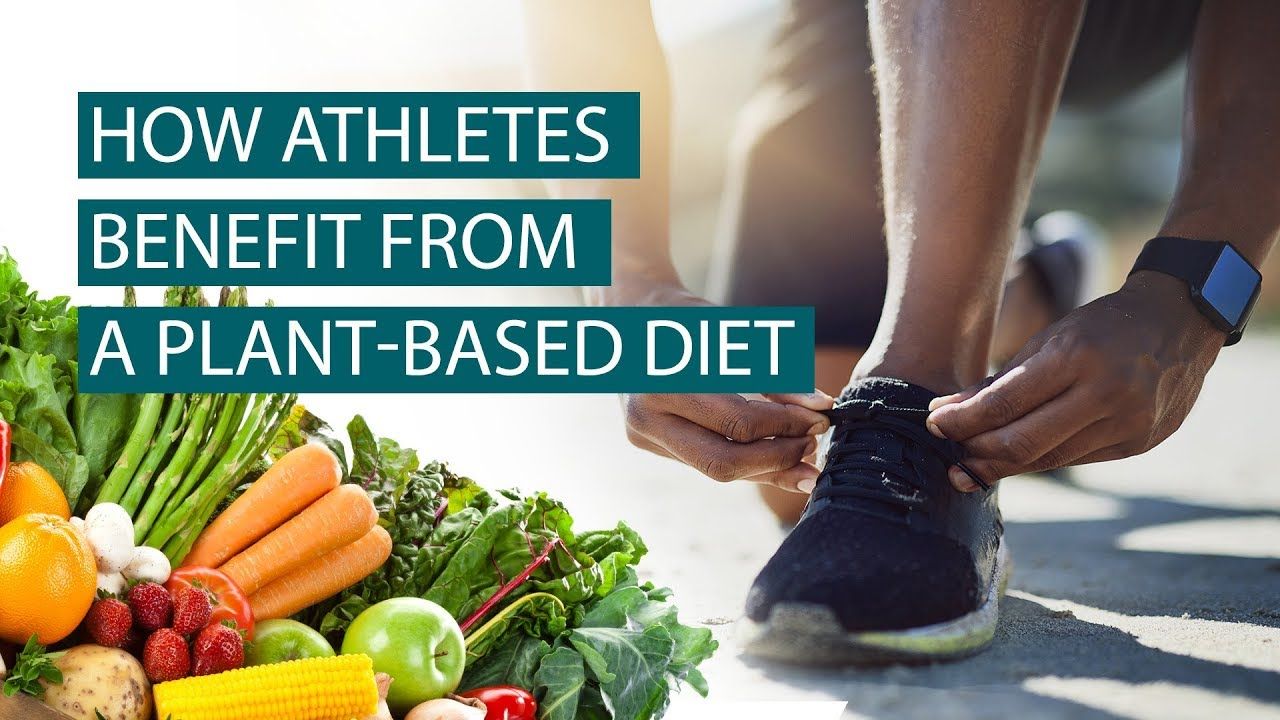In recent years, there has been a significant increase in the popularity of vegan and vegetarian diets. These plant-based eating patterns are not only known for their ethical and environmental benefits, but also their potential impact on athletic performance, including strength athletes.
Meeting Nutritional Requirements
One concern often raised about vegan and vegetarian diets is whether they can provide enough nutrients required for strength training. However, with careful planning, it is entirely possible to meet all of these nutritional needs.
Protein is a crucial nutrient for strength athletes as it helps in muscle development and repair. While animal-based protein sources, such as meat and dairy, are popular choices, plant-based proteins can also be just as effective. Foods like tofu, tempeh, seitan, legumes, nuts, and seeds are excellent sources of protein for vegans and vegetarians.
Iron, calcium, zinc, and omega-3 fatty acids are other important nutrients that should be considered. These can be obtained from various plant-based sources, such as leafy greens, whole grains, fortified plant milks, nuts, and seeds. Including a variety of these foods in your diet can ensure an adequate supply of these essential nutrients.
Optimizing Recovery and Performance
Adequate recovery is crucial for strength athletes to optimize performance and prevent injuries. Plant-based diets can contribute to this aspect of training as well.
Plant-based diets are rich in antioxidants, which help reduce inflammation and promote faster recovery. Foods like berries, citrus fruits, green leafy vegetables, and nuts are excellent sources of antioxidants that can aid in post-workout recovery.
Additionally, a plant-based diet often includes high amounts of fiber, which can aid in digestion, regulate blood sugar levels, and promote satiety. This can be especially beneficial for athletes looking to maintain a lean physique while consuming enough calories to fuel their workouts.
Supplementation for Strength Athletes
While it is possible to meet all nutritional requirements through a well-planned vegan or vegetarian diet, some athletes may choose to incorporate supplements to ensure optimal performance.
Vitamin B12 is one nutrient that may require supplementation as it is primarily found in animal-based products. It is important for energy production, nerve function, and red blood cell production. Including fortified foods or taking a B12 supplement can help meet this requirement.
Additionally, omega-3 fatty acids are essential for overall health and may be obtained from algae-based supplements, as they are commonly found in fish. These supplements can provide the necessary EPA and DHA, which offer numerous benefits such as reducing inflammation and improving cognitive function.
Conclusion
Vegan and vegetarian diets can absolutely be suitable for strength athletes, provided that their nutritional needs are met through careful planning and consideration. By incorporating a variety of plant-based protein sources, along with foods rich in essential nutrients and antioxidants, strength athletes can fuel their workouts, optimize recovery, and enhance their overall performance without compromising their plant-based lifestyle.

